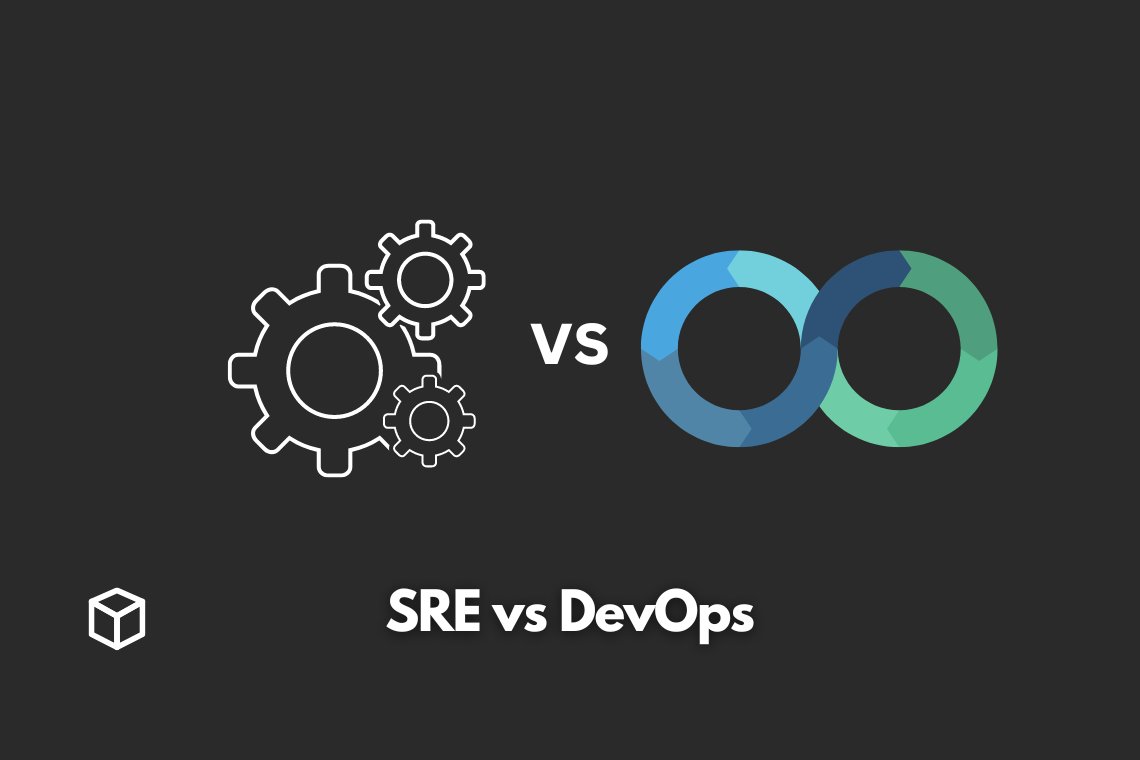In today’s fast-paced digital world, software development is a crucial aspect of most businesses.
To keep up with the ever-changing demands of customers and the market, organizations need to continuously improve their software development processes.
This is where Site Reliability Engineering (SRE) and DevOps come in.
SRE and DevOps are two approaches to software development that aim to improve the reliability, performance, and efficiency of software systems.
While they share some similarities, they also have some fundamental differences.
In this blog post, we will take a closer look at SRE and DevOps, their similarities and differences, and why they are important for modern software development.
SRE (Site Reliability Engineering)
SRE is a discipline that blends software development and operations to ensure that software systems are reliable, scalable, and performant.
It was first introduced by Google in 2003 as a way to improve the reliability of its critical systems.
The core principles of SRE include:
- Prioritizing reliability over features
- Automating everything
- Emphasizing measurement and monitoring
- Continuously improving the process.
SRE roles and responsibilities typically include:
- Designing and implementing software systems that are reliable, scalable, and performant
- Monitoring and measuring software systems to detect and diagnose issues
- Responding to and resolving incidents and outages
- Continuously improving the software development process.
There are many case studies and examples of SRE in practice.
For example, Google uses SRE to ensure that its search engine is always available and fast for users.
Another example is Netflix, which uses SRE to ensure that its streaming service is always available and of high quality for its customers.
DevOps
DevOps is a culture, practice, and methodology that aims to improve collaboration and communication between development and operations teams.
It was first introduced in the early 2000s as a way to improve the speed and efficiency of software development.
The core principles of DevOps include:
- Automation
- Continuous integration and delivery
- Monitoring and measurement
- Collaboration and communication
DevOps roles and responsibilities typically include:
- Designing and implementing automation tools and processes
- Implementing continuous integration and delivery
- Monitoring and measuring software systems
- Collaborating and communicating with development and operations teams.
There are many case studies and examples of DevOps in practice.
For example, Amazon uses DevOps to continuously improve its e-commerce platform and quickly deliver new features to its customers.
Another example is Etsy, which uses DevOps to continuously improve its online marketplace and quickly deliver new features to its users.
SRE and DevOps Integration
SRE and DevOps complement each other in many ways.
SRE focuses on reliability and performance, while DevOps focuses on speed and efficiency.
Together, they form a powerful combination that can improve the reliability, performance, and efficiency of software systems.
Benefits of integrating SRE and DevOps include:
- Improved reliability and performance of software systems
- Faster delivery of new features and improvements
- Better collaboration and communication between development and operations teams.
Case studies of SRE and DevOps integration include:
- Google’s SRE and DevOps teams work together to ensure that the search engine is always available and fast for users.
- Netflix’s SRE and DevOps teams work together to ensure that the streaming service is always available and of high quality for customers.
Conclusion
In conclusion, SRE and DevOps are two approaches to software development that aim to improve the reliability, performance, and efficiency of software systems.
They share some similarities but also have some fundamental differences. Integrating SRE and DevOps can bring many benefits, including improved reliability and performance, faster delivery of new features, and better collaboration and communication between development and operations teams.
It’s important to note that while SRE and DevOps can bring many benefits, they are not a one-size-fits-all solution.
Organizations must carefully evaluate their specific needs and goals before implementing SRE or DevOps.
Additionally, it is important to have a clear understanding of the differences between SRE and DevOps and how they can best work together to achieve the desired outcomes.
As the industry and technology continue to evolve, we can expect to see more organizations adopt SRE and DevOps practices.
These practices and the integration of them will become increasingly important for organizations looking to stay competitive and meet the demands of the modern digital world.
In summary, SRE and DevOps are two approaches to software development that aim to improve the reliability, performance, and efficiency of software systems.




